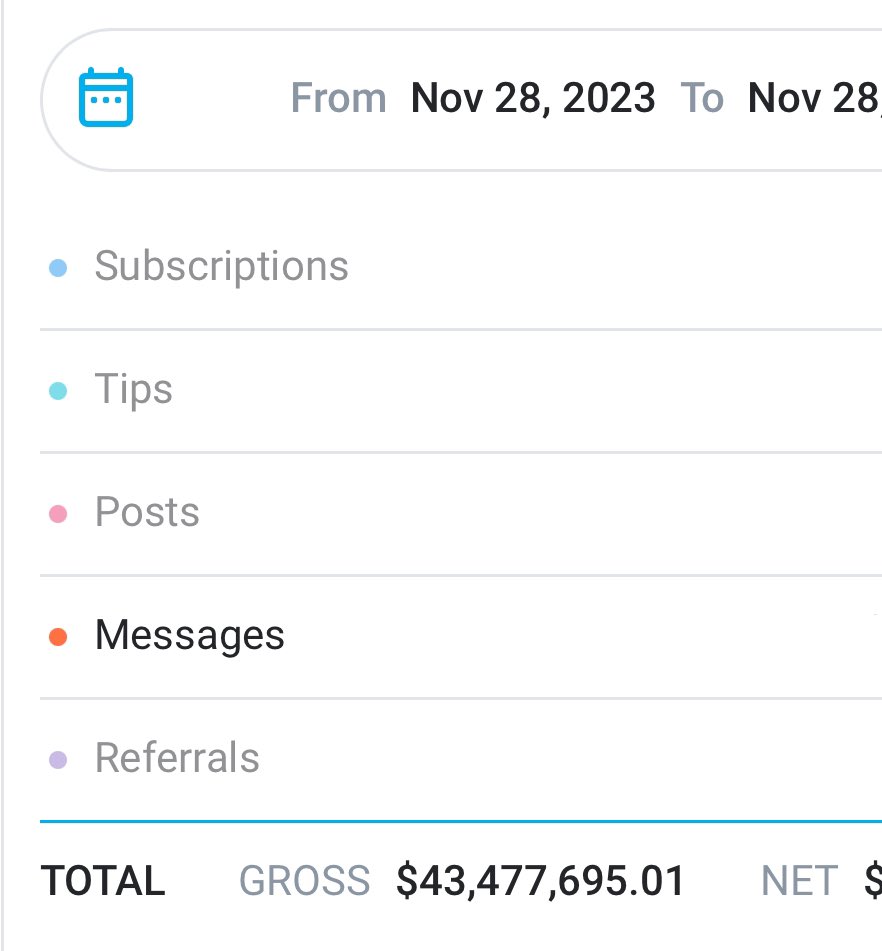
“During the ad campaign, first revealed in an FT investigation published in August, staff at Google were helping Meta bypass the search company’s policies on how online advertising can be directed to minors. While Google bans ad personalisation for teens, the campaign for Instagram on YouTube deliberately pushed messages to a group of users labelled as “unknown” in its system. Google employees told Meta that it had internal data that showed this group skewed towards under-18s and was a way of “hacking” the audience safeguards in their system.”
Source : Brussels probes Google and Meta secret ads deal to target teens








